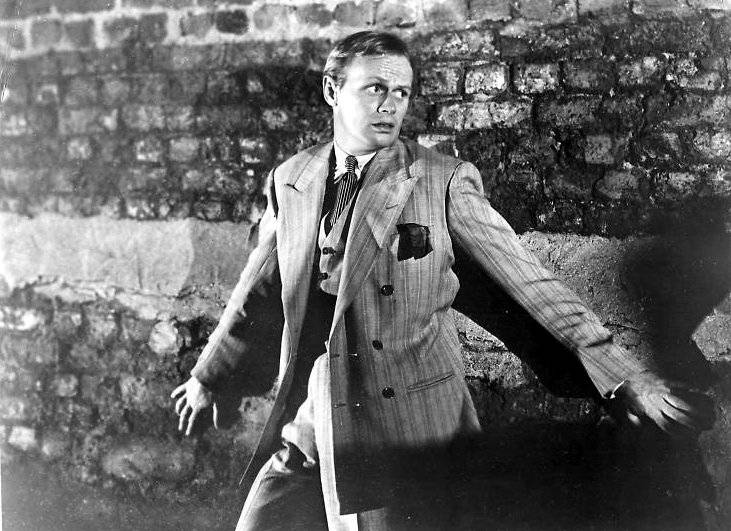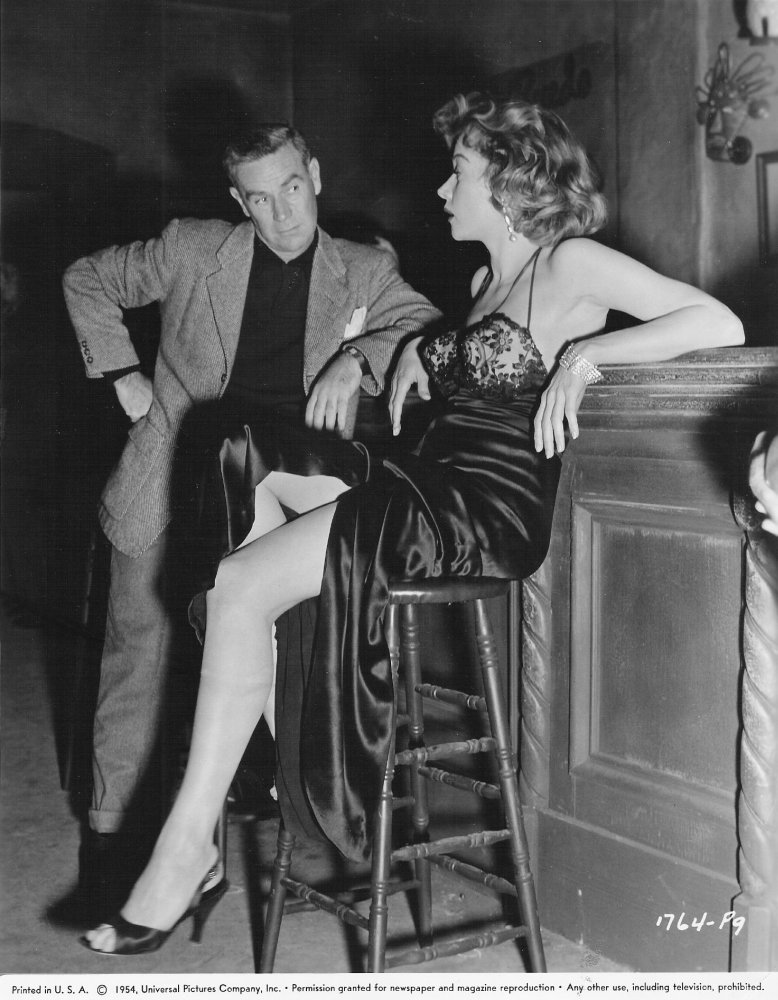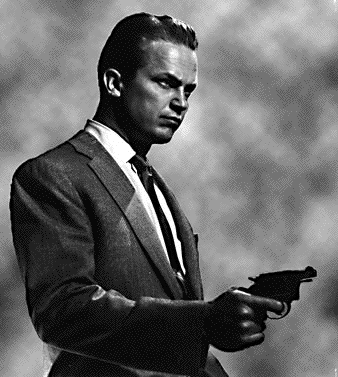Elena is a superbly crafted film that vividly peeks into a dark, very dark contemporary Russia. Directed and co-written by Andre Zvyagintsev (The Return), Elena is the triumph of drama over melodrama. There is an absolute minimum of on-screen action and no histrionics at all, yet the story simmers throughout.
Zvyagintsev builds the story upon his characters. It is set in a toney apartment in a quiet upscale Moscow neighborhood, home of Vladimir and Elena. Vladimir is pushing 70 and rich. I doubt that any softies got rich in post-Soviet Russia, and Vladimir is a hard man, devoid of sentimentality except for his estranged daughter. Late in life, he has married the working class Elena, his one-time nurse, now in her 50s. They have a comfortable, frank, affectionate and practical relationship.
Both have adult children from previous marriages. Vladimir’s daughter Katerina has no use for her father, but he subsidizes her lifestyle of perpetual partying. Vladimir and Katerina finally share a moment, bonding over their shared cynicism.
Elena’s nogoodnik son Sergey lives in a hard scrabble suburb and embraces his chronic unemployment with alarming indolence. His equally lazy and selfish teenage son, having an indifferent high school career, is now facing the dreaded Army unless someone can bribe his way into a college.
Elena is desperate to rescue her grandson from his self-inflicted predicament, but only Vladimir’s money can help, and Vladimir despises Elena’s trashy and shiftless family. The movie is built on this conflict, and it is Elena’s story. As Elena, the actress Nadezhda Markina reveals Elena’s affection, desperation and determination with her eyes, face and movements. Perfectly framing Markina’s outstanding performance by isolating it, Zvyagintsev delivers the film in a series of long shots, with terse dialogue and a spare soundtrack. There is no expository dialogue explaining the plot or swelling music manipulating our reaction.
Elena is a dark movie that asks its audience to invest patience, thought and energy – so it’s not for everybody. Elena is also one of the year’s best films, and an extraordinary example of a very pure breed of filmmaking.



